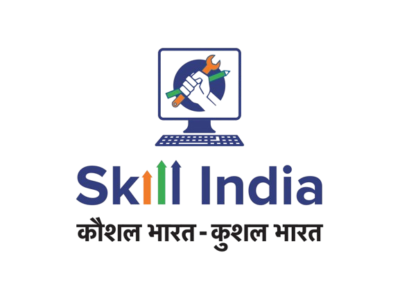
What is Digital Marketing?
Digital marketing involves using the internet and digital technologies to promote products, services, or brands. It’s a way for businesses to connect with potential customers where they spend a lot of their time—online. It includes various strategies and tools to reach and engage with audiences through digital channels.
Digital marketing refers to the use of digital channels, platforms, and technologies to promote products, services, and brands to a target audience. It encompasses a wide range of online marketing activities, including:
-
Search Engine Optimization (SEO): The practice of optimizing website content to rank higher in search engine results pages (SERPs), thereby increasing organic traffic.
-
Content Marketing: The creation and distribution of valuable, relevant, and consistent content to attract and engage a clearly defined audience, with the goal of driving profitable customer action.
-
Social Media Marketing: Utilizing social media platforms (like Facebook, Instagram, Twitter, LinkedIn) to promote products, engage with customers, and build brand awareness.
-
Email Marketing: Sending targeted and personalized emails to a list of subscribers to promote products, nurture leads, and build customer relationships.
-
Pay-Per-Click (PPC) Advertising: A model of internet marketing where advertisers pay a fee each time their ad is clicked. Google Ads is a popular platform for PPC.
-
Affiliate Marketing: A performance-based marketing strategy where businesses reward affiliates for bringing customers through the affiliate’s marketing efforts.
-
Influencer Marketing: Collaborating with influencers (individuals with a significant following on social media) to promote products and services.
-
Online PR: The practice of securing online coverage from digital publications, blogs, and other content-based websites. It includes engaging with online reviews and comments.
-
Mobile Marketing: Reaching and engaging with users on their mobile devices through SMS, MMS, mobile apps, and mobile websites.
-
Analytics and Data Analysis: Using tools like Google Analytics to track, measure, and analyze data from digital marketing efforts to improve strategies and performance.


Scope of Digital Marketing
The scope of digital marketing is vast and continuously expanding, driven by technological advancements and changing consumer behaviors. Here are key aspects of its scope:
-
Global Reach: Digital marketing allows businesses to reach a global audience without the limitations of geographical boundaries. This is particularly beneficial for e-commerce and online service providers.
-
Targeted Marketing: Advanced targeting options enable marketers to reach specific demographics, interests, and behaviors, ensuring that marketing efforts are focused on the right audience.
-
Cost-Effectiveness: Compared to traditional marketing methods, digital marketing can be more cost-effective, offering better ROI by reaching a larger audience with lower costs.
-
Measurable Results: Digital marketing provides detailed analytics and reporting, allowing businesses to measure the success of their campaigns in real-time and make data-driven decisions.
-
Personalization: Marketers can tailor their messages and offers to individual users based on their behavior, preferences, and past interactions, leading to higher engagement and conversion rates.
-
Engagement: Digital platforms offer various ways to engage with customers, such as social media interactions, email communications, and content sharing, fostering stronger relationships and brand loyalty.
-
Adaptability: Digital marketing strategies can be quickly adapted and optimized based on performance data, making it a flexible and dynamic approach to marketing.
-
Increased Conversion Rates: The ability to target specific audiences and personalize marketing messages often leads to higher conversion rates compared to traditional marketing methods.
Future Trends in Digital Marketing
-
Artificial Intelligence and Machine Learning: AI and ML will play a significant role in predictive analytics, customer segmentation, chatbots, and personalized marketing.
-
Voice Search Optimization: With the rise of voice-activated devices, optimizing content for voice search will become increasingly important.
-
Video Marketing: Video content will continue to dominate, with live streaming, video blogs (vlogs), and short-form videos gaining popularity.
-
Influencer Marketing Evolution: Influencer marketing will evolve, with a focus on micro and nano-influencers who have more authentic and engaged audiences.
-
Interactive Content: Interactive content such as polls, quizzes, and interactive infographics will engage users more effectively.
-
Blockchain Technology: Blockchain will enhance transparency in digital advertising and combat ad fraud.
-
Privacy and Data Protection: Stricter data protection regulations will shape how marketers collect, store, and use consumer data.


Conclusion
Digital marketing is a powerful tool that offers unparalleled opportunities for businesses to reach and engage with their target audiences. Its scope is ever-expanding, and staying updated with the latest trends and technologies is crucial for success in this dynamic field. Whether you’re a small business owner, a marketing professional, or someone looking to break into the industry, understanding and leveraging digital marketing strategies can significantly enhance your efforts and drive growth.
